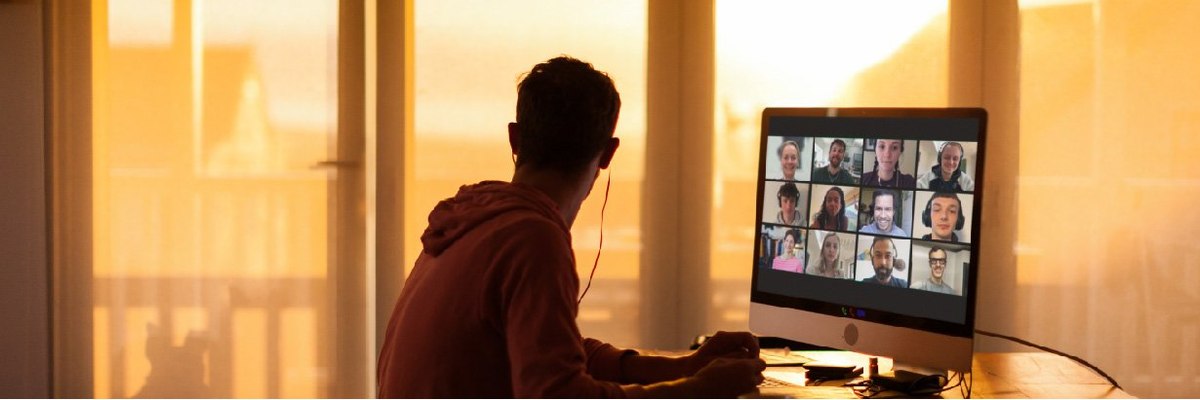Britons in their 20s and 30s, as well as women, are most likely to say they have struggled to cope during the outbreak
The coronavirus pandemic has rapidly affected the daily lives of people all around the world, including the UK. Unprecedented social distancing measures were introduced, changing the way we live and work: from limiting the freedom to meet others, to avoiding physical contact with people outside of our households and shifting towards a more insular lifestyle. The YouGov 2020 Personality Study looked into how the changes brought about due to the pandemic affected the lives of people in the UK and how Britons have been coping with the events.
For over half of the country (54%), life has changed for worse since the coronavirus pandemic hit the UK. Only one in seven (14%) say life has become better, while a quarter (26%) say that their lives are neither better nor worse than they were before.
The impact of coronavirus on our lives hasn’t been the same across all age groups. Among those aged 60 and above – who are much more vulnerable to the disease – six in ten (60%) say their lives have become worse since the pandemic started. This includes 13% whose lives have become “much worse” since the coronavirus outbreak.
More women (57%) than men (51%) say the events caused by the pandemic have had a negative impact on their lives.
It has been argued that the working class, and working class women in particular, will bear the brunt of negative effects caused by the virus. So far, however, there does not seem to be much difference between how middle class and working class people feel their lives have been affected. In both groups a similar percentage (54% in ABC1 and 53% in C2DE) say their life has changed for the worse thanks to the pandemic.
Most Britons say they’ve found it easy to cope with the pandemic so far
While the pandemic has undeniably had a negative impact for most Britons, the large majority (70%) say that it hasn’t been difficult to cope with the challenge. Nevertheless, a quarter of the population (27%) report it was difficult for them to cope with the overall situation.
Younger Britons found it more difficult to cope than their elders. A third of those aged 16-24 (33%) and 25-39 (32%) said it was difficult to cope, compared to a quarter of those in their 40s and 50s (27%) and a fifth of those age 60 and older (21%).
Notably more women (32%) than men (22%) have found it difficult to manage with the impact of the outbreak.
When it comes to what effects of the pandemic Britons have struggled most with, half (51%) say it was not being able to freely go out. For just under half (46%) not being able to see family members was one of the top issues. Not being able to see friends came in third place, at 39%. A third (34%) listed missing socialising with other people.
One of the biggest changes brought about by the pandemic was a shift to working/studying remotely. One in nine Britons (11%) said one of the most difficult issues for them is not being able to go to work/university/school because of coronavirus measures.
Significantly more women (56%) than men (36%) point to being unable to see family members as one of the biggest difficulties. Women were also slightly more likely to say they missed being able to freely go out (54%) than men (48%).
Among those who are in a relationship but not living with their loved one or spending a lot of time in each other’s place, two thirds (65%) said they struggled with not being able to see their partner.
More Britons report feeling confident in their work
The results of our study also show that more people now report feeling confident in their work - over eight in ten (84%) - than in 2019 when over seven in ten (76%) said this when asked the same question.







